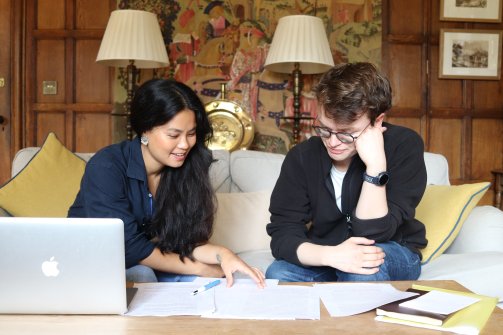The politics of time with Carolyn Smith

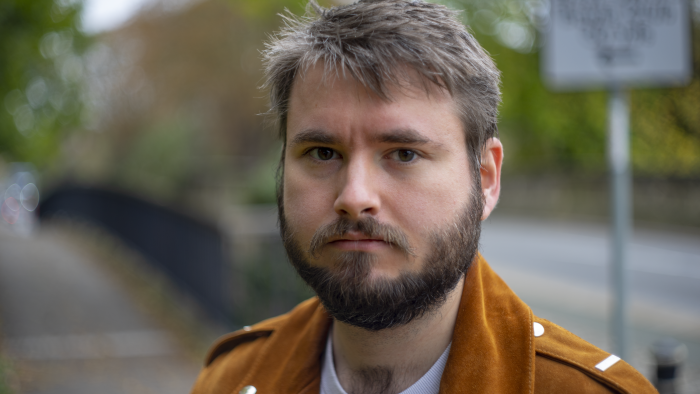
BSc MSc PhD
Zoltán Taracsák is an igneous petrologist studying basaltic volcanism on Earth. Currently, his work focuses on the carbon and sulfur content of volcanic rocks, which can be used to infer the distribution of these elements in the Earth's mantle.
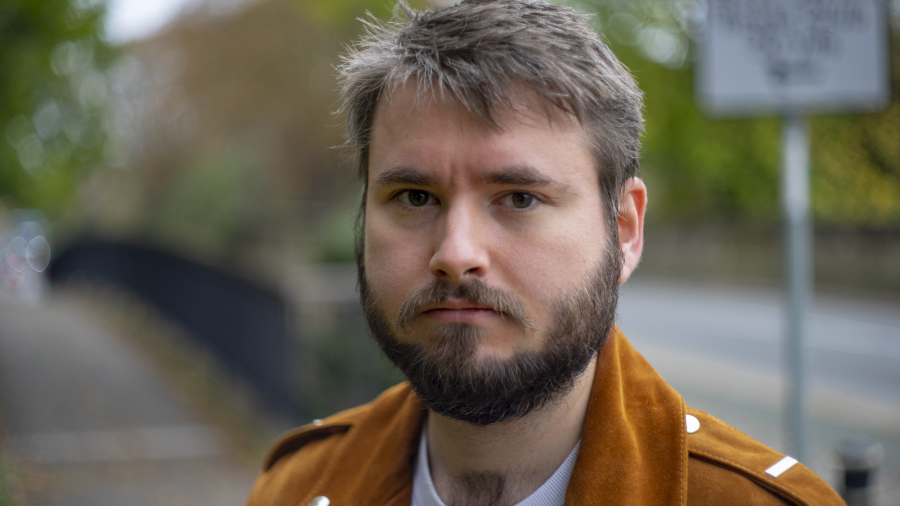
Zoltán studied Earth Sciences and Geology at the Eötvös Loránd University in Budapest, Hungary, where he obtained a BSc and an MSc degree. He received his PhD from the University of Manchester in 2020, where his PhD research focused on the geochemistry of volcanic rocks from the Island of El Hierro, Western Canary Islands. Later he worked as a postdoctoral researcher at the University of Oxford, where he studied how sulfur behaves in the Earth’s mantle at subduction zones, including Central America and the Aleutian Islands, using novel mircoanalytical procedures (in situ analyses of sulfur isotope ratios in volcanic glasses). He is an Early Career Research Fellow at the University of Cambridge funded by the Leverhulme Trust and the Isaac Newton Trust. Here, his work focuses on the carbon cycle in the Earth’s mantle – specifically, he studies the carbon content of ocean island volcanoes that are located far away from any current tectonic plate boundary in the southern Atlantic Ocean. He is a member of the Mineralogical Society of Great Britain and Ireland and the European Association of Geochemistry.
Much of Zoltán’s work relies on the study of melt inclusions: these are small droplets of melt that get entrapped in crystals that grow from silicate melts as they cool. Upon the eruption of the magma to the surface, these melt droplets solidify as a glass phase that can be studied using a number of analytical techniques. Zoltán primarily uses melt inclusions to study the concentration of volatile elements - these are elements that partition into a gas or fluid phase during a volcanic eruption - present in magmas prior to volcanic eruptions. Over his career, Zoltán studied volcanic rocks from a number of tectonic settings, including subduction zone-related volcanic arcs (e.g. Central America), intracontinental volcanic fields (Pannonian Basin), and ocean islands (Canary Islands). Much of his work aims to provide a better understating of how volatile elements are distributed in the Earth’s mantle, which makes up 2/3 of the mass of the Earth, and potentially contains most of its total water, carbon, and much of its sulfur budget. Furthermore, Zoltán’s research interest also includes method development using secondary ion mass spectrometry (SIMS) for isotope microanalysis. His previous work included method development that enables the precise analyses of sulfur isotope ratios in glassy materials. His current research includes similar work on carbon isotopes.
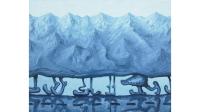
Visit Wolfson's latest exhibition 'After News Before Bed' featuring work by emerging artist Enej Gala, winner of the Wolfson Royal Academy Schools Graduate Prize.
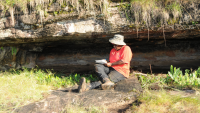
How does the interpretation of geometric rock art in Uganda shed light on the societal and cultural experiences of African Pygmy forest hunter-gatherers?

Dive into the Cambridge innovation ecosystem with a visit to the Cambridge Science Park.

This event is the third of three roundtables that Wolfson's REACH Research Hub will be organising over the academic year under the heading ‘Hierarchies of Racism?’

Join Emeritus Fellow Dr Brian D Cox for a talk which will outline the development of the University from its origins in 1209 until the present day.







